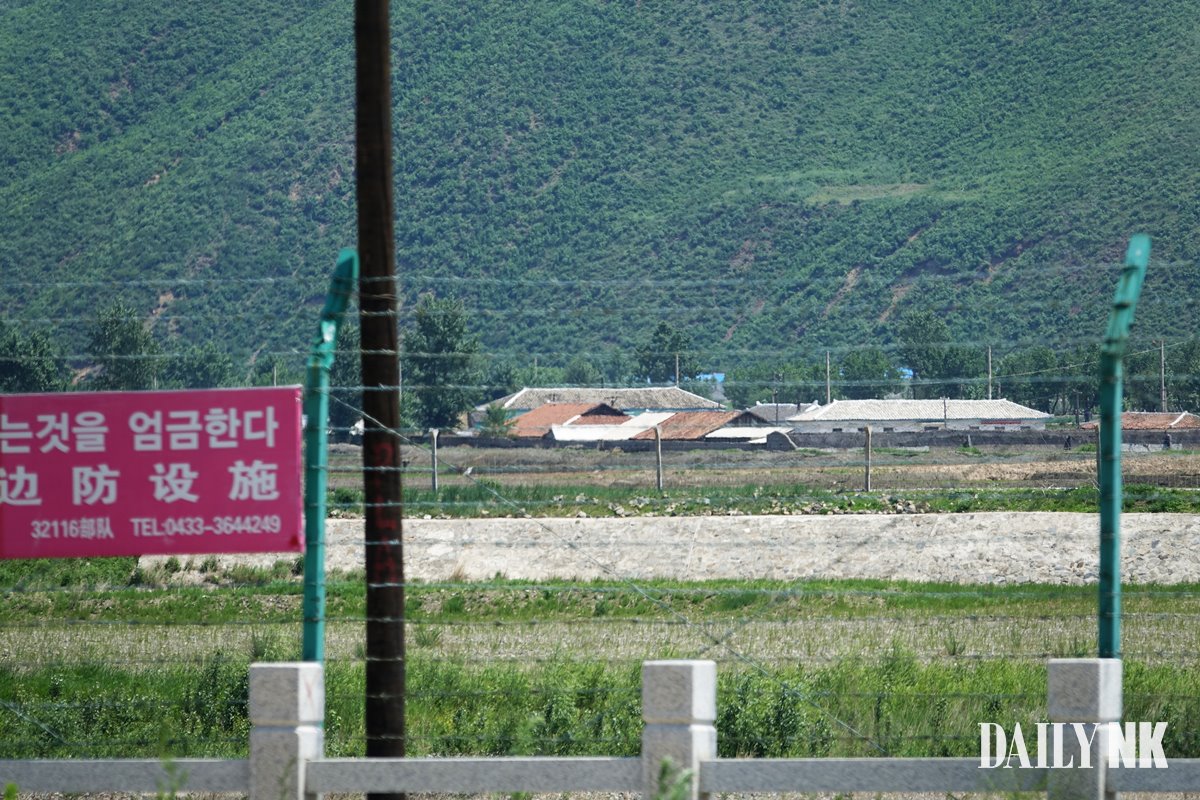
Earlier this month, the North Korean authorities conducted a training drill to test the system in place for reporting suspicious people in specific border regions. The military-style drill was aimed at training civilians to thwart attempts by defectors to cross the border and comes with heightening surveillance in the region.
“On July 4, residents of Sinpa County (Kim Jong Suk County), which is located in the border region, were informed that there will be an alertness, reporting system, and adaptability drill. The county people’s committee has instructed residents to quickly report any suspicious people,” a source in Ryanggang Province told Daily NK.
“For the purpose of the drill, military officers and members of military families from another region were brought in to the county pretending to be spies or saboteurs trying to penetrate the border region and people were supposed to report them.”
‘Adaptability drills’ refer to military training in which military commanders alternate tasks to adapt to various wartime situations. It is unusual for civilians to participate in this type of drill, and suggests that the North Korean authorities are becoming more serious about improving awareness and responses in the community.
Although the North Korean authorities have been cracking down on the border area through surveillance cameras, eavesdropping equipment, and heightened inspections, they evidently want to add further layers to the existing surveillance system.
“The people’s committee instructed people, upon seeing a stranger, to ask a family member to pretend to go on an errand and report the stranger. The committee even gave specific errands to use. For men, it is buying alcohol, and for women, it is tofu,” said the source.
However, when one resident actually used this during the drill, he was berated by a cadre from another district as it is seen by some as an obsolete method of reporting.
On the day of training, a stranger came to Mr. Park’s house asking for a glass of water, so as instructed, Mr. Park’s wife excused herself by pretending to go and buy tofu.
However, when the stranger observed this he became angry, asking, “Why are you using such an old method in this day and age.” He left after saying that there is no point in continuing with the drill because other households are probably similar.
After leaving Mr. Park’s house, the stranger reported to the county people’s committee that the residents did not pass the drill.
As a result, criticism of the reporting system has been passed down from the chain of command, ranging from the county party committee to the rank and file of the people’s unit, according to a separate source in Ryanggang Province.
“The county’s party committee criticized the primary party commissioners from the border region and asked them to work harder in their roles to raise revolutionary awareness. In turn, the party primary committee criticized the heads of the people’s units for the same reason,” she said.
Following the criticism, she recounted that the heads of the people’s units told the unit members: “We were called in by the party primary committee and criticized for not reporting properly and being too slow. We must have a proper reporting system and report immediately when we see strangers in the streets and towns.”
Since the criticism of the drill was passed from the Korean Workers’ Party’s lowest organization, the primary party organization, to the lowest administrative organization, the people’s unit, it appears that all residents in the relevant areas are aware of the criticism.
*Translated by Yongmin Lee



















